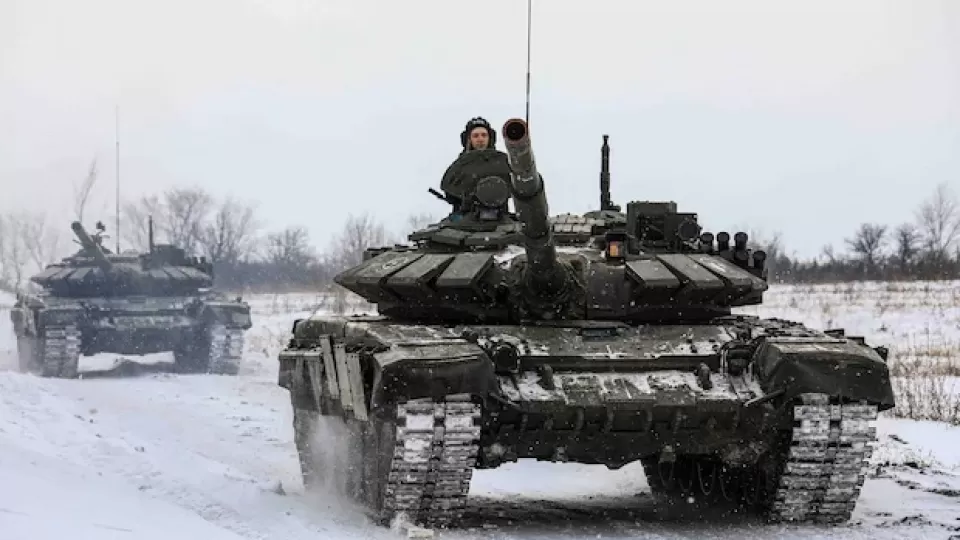February 24, 2022
MANILA — The Asia-Pacific region, including the Philippines, will likely feel the impact of escalating tension and the threat of invasion by Russia of Ukraine by way of global price shocks and trade disruption, according to debt watcher Moody’s Investors Service on Wednesday (Feb. 23).
In a statement, Moody’s managing director Michael Taylor said the economies they watch in Asia-Pacific had “limited direct exposure to Russian or Ukrainian entities, and as such we do not anticipate there would be any immediate or direct ratings impact from the situation in Ukraine.”
But Moody’s said the region “may not be immune to second-round effects of a conflict.”
“Among the possible transmission channels are commodities prices, trade effects and financial market disruption,” Moody’s said. For instance, jittery domestic creditors during the past two weeks sought higher yields for short-dated treasury bills, making it more expensive for the government to borrow through the local debt securities market. Global oil prices were also on the rise while the world watched developments on the Ukrainian-Russian border.
“The global price of oil and liquified natural gas (LNG) is likely to rise sharply in the event of a conflict, which will be positive for the relatively few exporters in the Asia-Pacific region and negative for the substantially greater number of net energy importers,” Moody’s said. The Philippines is a net oil importer.
“However, a mitigating factor is that several Asian economies have long-term supply contracts in place for LNG which will limit the impact of fluctuations in the spot price,” Moody’s said.
Last week, the Bangko Sentral ng Pilipinas’ (BSP) monetary policy report noted that “Dubai crude oil spot price surged thus far in February 2022, compared to the previous month’s levels” due to “worries over tight supply conditions given geopolitical tensions emerging in Europe between Russia and Ukraine as well as Saudi Arabia, UAE, and Houthi rebels.”
“Still elevated natural gas prices, which could be exacerbated with the ongoing Ukraine crisis, could drive oil prices higher as consumers switch to oil products,” the BSP said.
The BSP said that “given that volatility in oil has again increased, it is important to remain vigilant in implementing measures that could help avoid second-round effects in terms of fare hikes and undue wage adjustments, as needed.”
Also, Moody’s said that “trade effects are likely to arise from import diversion and diversification, although there may be opportunities for commodities producers in Central Asia to increase supply to China.”
“Supply chain bottlenecks would also be aggravated, adding to inflation pressures in the region,” Moody’s added. Global and domestic price pressures, like the prolonged battle against the African swine fever (ASF) locally, were expected to elevate headline inflation to an average of 3.7 percent this year from the BSP’s previous forecast of 3.4 percent.
Moody’s also warned that “financial market effects will have the largest near-term impact: for example, if a conflict gives rise to widespread risk-aversion, funding conditions for high-yield issuers, some of which are already experiencing constrained access to finance due to other factors, will deteriorate further.”


